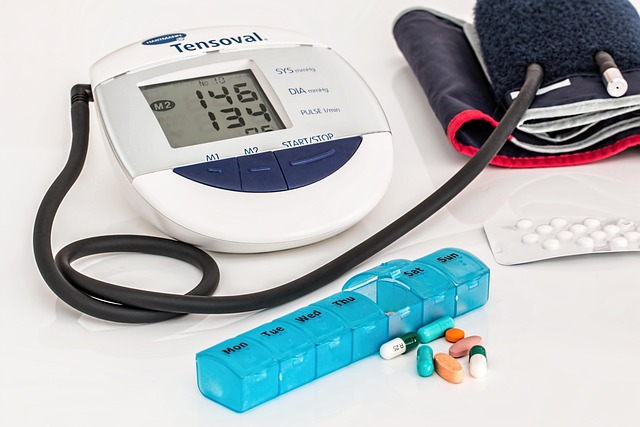
Emotional Health Generally Refers to
Understanding Emotional Health
Emotional health generally refers to our ability to understand, manage, and express our feelings effectively. It’s like being the conductor of an orchestra, where your thoughts and emotions play different instruments. When they’re all in harmony, life sounds pretty good. But when one instrument goes rogue, it can create quite the cacophony!
So, what does it mean to be emotionally healthy? It’s not just about feeling happy all the time (because let’s be real, that’s a tall order). Emotional health encompasses a broad range of experiences, from how we cope with stress to how we connect with others. It’s about recognizing our emotions and understanding that it’s okay to feel a little off-key sometimes.
The Components of Emotional Health
Emotional health can be broken down into several key components:
- Self-awareness: This is your ability to recognize your own emotions and how they affect your thoughts and behavior. Think of it as having a built-in emotional GPS.
- Self-regulation: This refers to your ability to manage your emotions in a healthy way. It’s like being able to hit the brakes before going off the emotional cliff!
- Social skills: Good emotional health means having strong relationships and being able to communicate effectively. It’s about knowing when to listen and when to share your own thoughts.
- Empathy: This is the ability to understand and share the feelings of others. It’s like having an emotional Wi-Fi connection with those around you!
Why Emotional Health Matters
So, why should anyone care about emotional health? Well, imagine trying to steer a ship through choppy waters without a compass. That’s what life can feel like without emotional health. It impacts every aspect of our lives, from our relationships to our physical health.
Studies have shown that good emotional health can lead to better physical health outcomes. Who knew that feeling good could be beneficial for your heart? When you’re emotionally healthy, you’re more likely to engage in healthy behaviors, cope with stress better, and have a more positive outlook on life.
Supporting Emotional Health
Supporting emotional health is essential, whether it’s for yourself or those around you. Here are some practical tips to keep those emotional gears running smoothly:
- Practice mindfulness: This can help you stay present and aware of your emotions. Try meditation, deep breathing, or even a good old-fashioned walk in nature.
- Connect with others: Building strong relationships can provide a support system when times get tough. Plus, who doesn’t love a good chat over coffee?
- Seek help when needed: There’s no shame in reaching out for professional support. Therapy can be a game-changer for many people.
- Express yourself: Find healthy outlets for your emotions, whether through writing, art, or even just talking it out with a friend.
Conclusion
In conclusion, emotional health generally refers to the way we think and feel, our sense of wellbeing, and how we cope with life’s inevitable ups and downs. It’s not just about avoiding the blues; it’s about embracing the full spectrum of human emotion. After all, a little emotional rollercoaster can make life a lot more interesting! 🎢

















 Corneal Mucus Strands
Corneal Mucus Strands 
 Health
Health  Fitness
Fitness  Lifestyle
Lifestyle  Tech
Tech  Travel
Travel  Food
Food  Education
Education  Parenting
Parenting  Career & Work
Career & Work  Hobbies
Hobbies  Wellness
Wellness  Beauty
Beauty  Cars
Cars  Art
Art  Science
Science  Culture
Culture  Books
Books  Music
Music  Movies
Movies  Gaming
Gaming  Sports
Sports  Nature
Nature  Home & Garden
Home & Garden  Business & Finance
Business & Finance  Relationships
Relationships  Pets
Pets  Shopping
Shopping  Mindset & Inspiration
Mindset & Inspiration  Environment
Environment  Gadgets
Gadgets  Politics
Politics 